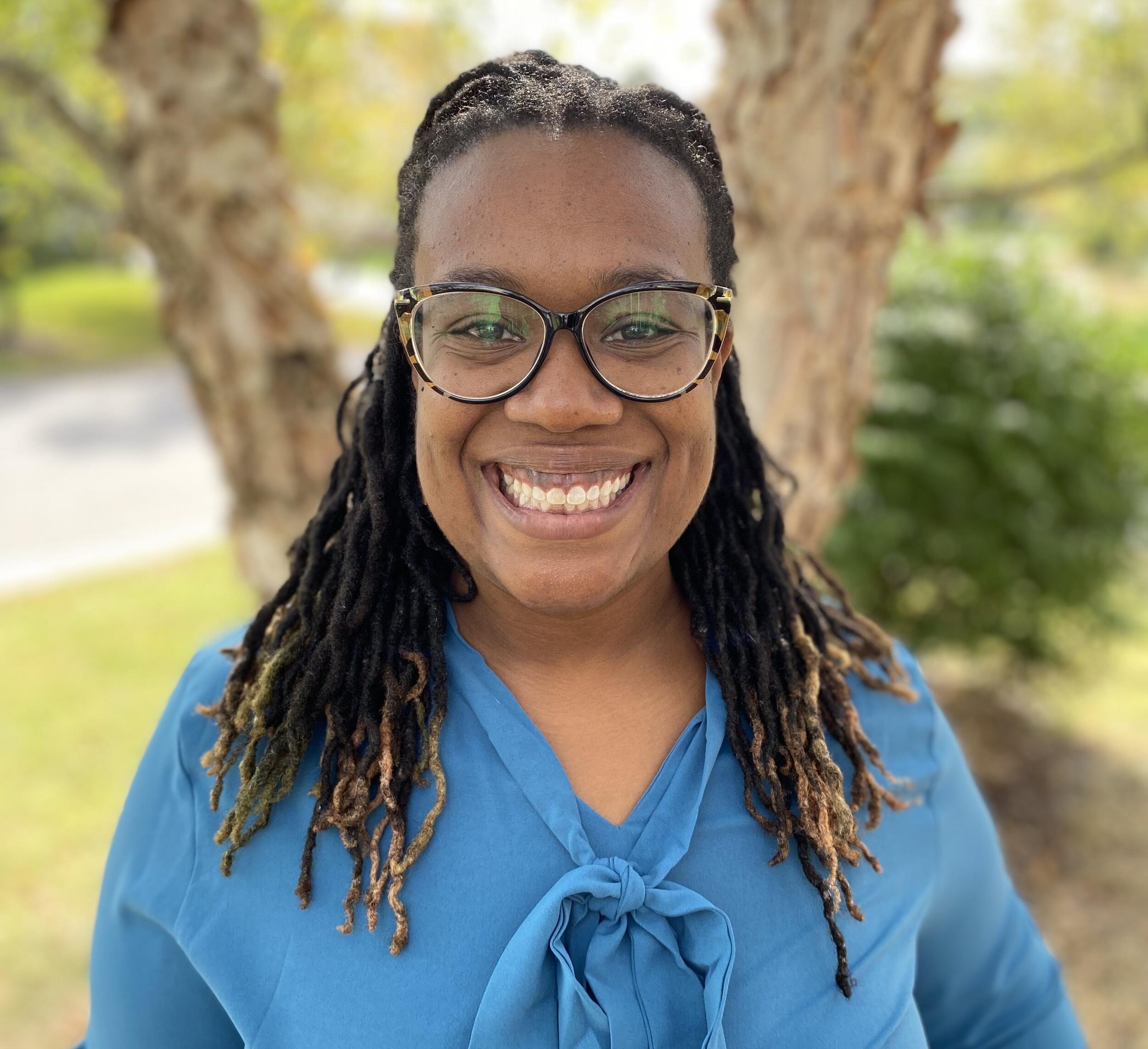Are women better lawmakers than men? A nuanced yes, VCU researcher finds
By Madeline Reinsel
Women face an uphill battle to political election, and they continue to confront barriers to success afterward. But the type of legislature in their states can make a difference.
A new study from Virginia Commonwealth University researcher Jatia Wrighten, Ph.D., and colleagues finds that women are more effective lawmakers than men when serving in professional state legislatures, which are generally in session full-time, than when serving in part-time legislatures that have lower barriers to entry, lower salaries and fewer staff.

Once elected, women in professional legislatures are often more effective even when given less notable committee assignments, Wrighten finds. She said that means that voters in general are better served by professional legislatures, where more diverse voices, including those of women, are represented.
VCU News spoke with Wrighten, an assistant professor in VCU’s Department of Political Science in the College of Humanities and Sciences, to learn more about her findings, which were published recently in The Journal of Politics.
What does it mean for a state legislator to be effective?
Legislative effectiveness can be measured in several ways. In our article, we measure legislative effectiveness by the lawmaker’s ability to “act for” their constituents in policymaking. In other words, are women able to have their voices heard in legislatures, does their committee work matter, and do resources constrain them due to the level of professionalism in the legislature?
What roadblocks do women face before and after election?
As one can imagine, living in a patriarchy, women who run for office face sexism, which manifests in many ways.
Many voters hold women to a higher standard than men who run for office and do not see them as leaders. Women running for office have been critiqued on their physical appearance, criticized for their voices being “too high” or “annoying,” questioned for their ability to both run for office and manage their families, and questioned when they do not have families.
Once women are elected, they face much of the same from their male peers. They are also placed on lower-ranked committees, which have fewer resources than other committees, and are relegated to those labeled as focusing on “women’s issues,” such as education, criminal justice or health.
What did your study find?
We found that women who are elected to more professional legislatures outperform their male counterparts. This is because the women who are able to be elected to these high-level professional state legislatures are going to be abnormally qualified women. However, women who are elected to less professional legislatures will be less likely to outperform their male counterparts and overcome sexism in their legislatures, because the bar for entry is not as high.
What this results in is that professional legislatures may have fewer women serving, but the women in the legislature will have their voices heard and their policies passed.
What does this mean for constituents?
What this means for voters is that they are better represented under professional legislatures, where women are more effective. When we have more diverse bodies of government and more voices being considered, we are closer to representing a majority of constituents. This is the goal of any functioning democracy that values freedom and diversity of thought.
Subscribe to VCU News
Subscribe to VCU News at newsletter.vcu.edu and receive a selection of stories, videos, photos, news clips and event listings in your inbox.
Latest Research & discovery
- American Counseling Association honors VCU’s Daniel GutierrezThe School of Education professor receives the professional group’s prestigious Fellows Award.
- VCU’s race car team returns to the fast laneWith a new student crew and an electric dream, Ram Racing revs up for the national Formula SAE competition in spring 2026.
- VCU Research in Action: Through the algae in Richmond’s lakesResearchers wade into the fluorescent blooms of summer, which threaten human health and the region’s waterways.
- In stalking the ‘silent killer,’ he transforms health in the liver and beyondVCU transplant hepatologist Arun Sanyal targets liver disease and its wide-ranging implications.
- Richmond’s youth violence risk overlaps with historic redlining, new VCU research findsIn addition to lingering effects of discrimination, study finds that most victims treated at VCU’s trauma center were female.
- VCU hosts national safety workshop for river field studiesThe Rice Rivers Center welcomed educators from eight states, highlighting its leadership in navigating field research and risk.






